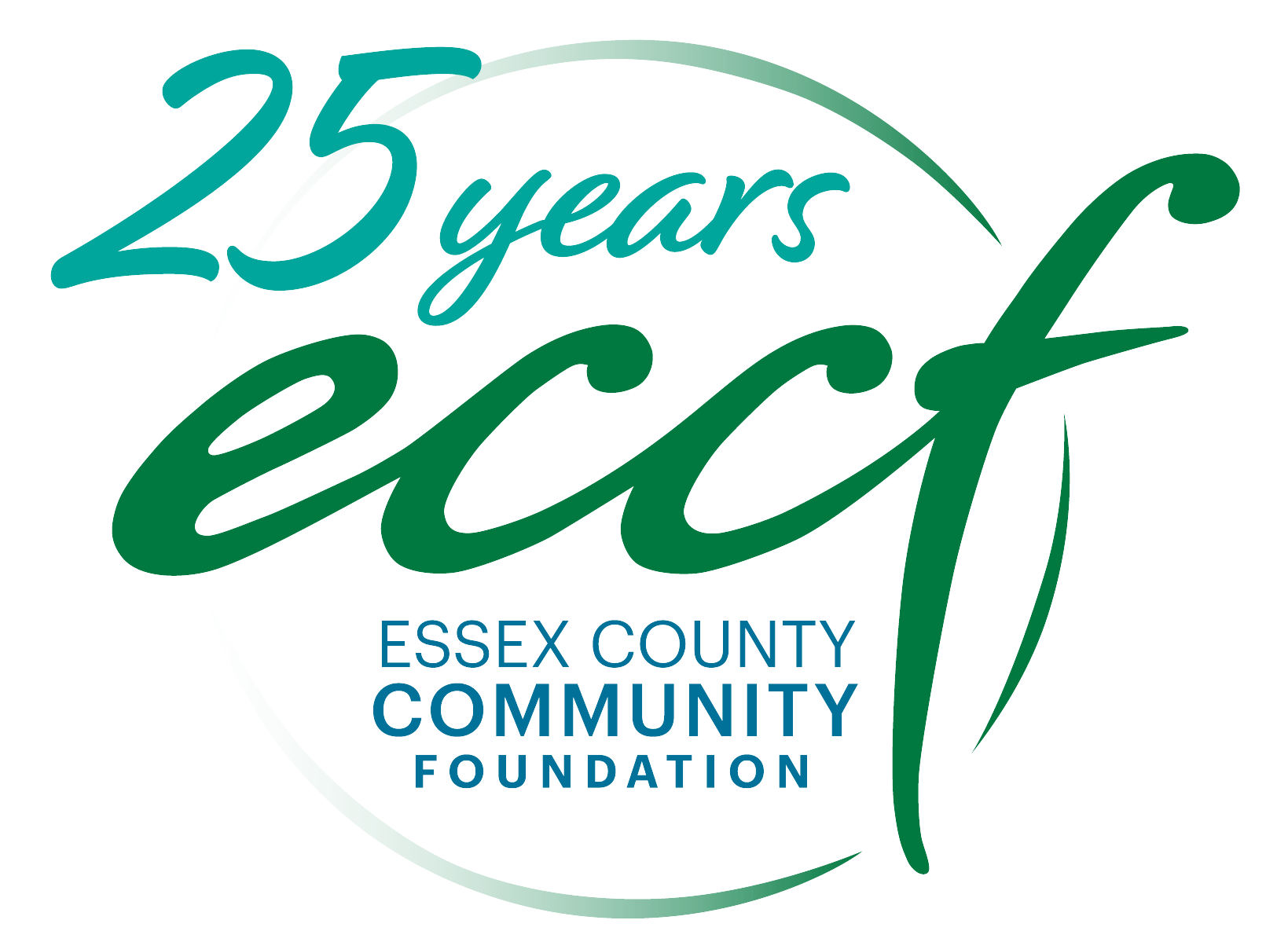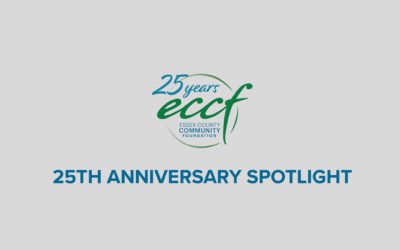By Michelle Xiarhos Curran
ECCF Communications Writer
Across the country, funders and foundations are exploring effective ways they can support closing the gap between those with access to digital technology and those without it.
The COVID-19 pandemic put a spotlight on just how wide this gap is when the world was forced to learn and work from home during lockdown. In Essex County, the data revealed that one in five households lacks a basic computer and 160,000 households do not have reliable broadband.
Today, across Essex County, cross-sector, collaborative work is fueling solutions to increasing connectivity – through devices, broadband access and digital literacy training – across the region. Essex County Community Foundation (ECCF), through its Advancing Digital Equity initiative, has served as both a hub and the connective tissue for innovations that are having a significant impact on the region.
On April 4, ECCF, Boston-based nonprofit Tech Goes Home (TGH) and the Center for State Policy Analysis (cSPA) at Tufts University were invited to speak in front of a national audience of funders about a partnership that is not only providing access to devices and broadband, but also the training to use these tools to effectively navigate the digital world. In particular, the partnership was tapped to discuss how data drives decisions about where philanthropic investments might have the most impact.
“Digital Access and Data: How can Funders Bridging the Digital Divide Use Data to Drive Strategy and Impact?,” which was held virtually, was the fifth in a series of eight digital access funder workshops hosted by The Patterson Foundation and their partner, The Campaign for Grade-Level Reading. The workshops were developed following the publication of a Patterson Foundation National Philanthropy Scan report: Creating New Realities in Digital Access.
“We wanted to know what other funders were doing in this space, what other foundations are doing in this digital space and what other resources are out there,” said Rachel Hettinger, fellow at The Patterson Foundation.
They also wanted to share what they learned with others, “because when we share those things, we can learn a lot more and do a lot more together,” Hettinger said. “And we are grateful to be joined by leaders who have ventured into uncharted territory to see what’s possible.”
Kate Machet, director of strategic initiatives and government relations at ECCF, leads the foundation’s digital equity initiative. Marvin Venay is chief advocacy officer of TGH, which empowers communities to access and use digital tools to overcome barriers and advance lives. And Evan Horowitz is executive director of cSPA, which conducts non-partisan data research and analysis on a wide variety of issues.
In 2020, cSPA was tapped by ECCF to map the digital divide across Essex County, and in 2022, refreshed that data with a focus on how race, ethnicity, income and age were shaping the gap. The data, and the community engagement surrounding that data, led ECCF to TGH, which has become one of the foundation’s strongest partners since the foundation launched its digital equity initiative in June of 2021.
At the April 4 conference, Machet, Venay and Horowitz discussed how the work started, evolved and pivoted based on the data.
“As a county, as a whole, we look like we’re doing okay,” said Machet. “But when you de-aggregate it neighborhood by neighborhood, which is what Evan did, you could really see where investment would have an immediate impact on that neighborhood.”
Initial data laid the foundation for creating a strategy to begin to bridge the digital divide in Essex County; the 2022 data refresh revealed the need for continued investment in digital literacy, equipment and broadband access, and where that need was greatest.
“Just correcting for income does not make this go away,” said Horowitz. “This is not just an economic issue; there’s a racial overlay.”
Machet explained how quantitative and qualitative data – because ECCF has also engaged with hundreds of nonprofit and community leaders throughout the process – continues to help support, shift and shape the work. It helps us understand where investments can be maximized based either on where we’re seeing success or areas in which there continues to be opportunity. A good example is the Affordable Connectivity Program, a federal benefit around which ECCF continues to develop pilot programming to increase adoption by underserved communities.
Tech Goes Home: A Case Study in Digital Literacy
For 20 years, Tech Goes Home has been providing digital literacy training throughout the city of Boston and now, through the organization’s partnership with ECCF, has expanded into Essex County – and beyond. Together, ECCF, Tech Goes Home and trusted community partners across the region have created the first regional digital literacy program in Massachusetts and the only one in New England.
“We are grateful to be in these communities because we want to address people where they are,” Venay told conference attendees. “We want to meet their needs directly and we want to make sure they understand their voice matters and that we are at the table with them, and they are not the subject on the table.”
By the end of the pilot period with ECCF, Tech Goes Home graduated 100 learners across five community sites. And this collaboration in Essex County continues to grow, with over 120 additional graduates since the end of the pilot and a goal of 800 by the end of 2024.
“This has been and continues to be one of the most impactful partnerships that we have had at TGH,” said Venay.
Machet highlighted ECCF’s interactive digital equity map, a companion resource to the data provided by Horowitz and cSPA, which specifically targets where access points that have been created, where devices have been distributed, where digital literacy training is taking place and the communities from which the more than 200 members of ECCF’s Digital Equity Coalition hail.
“You can see all that investment area, overlaid with the data Evan showed earlier lines up,” said Machet. “So, we’re investing where we should be investing and it’s community-based and driven.”
Data has been – and will continue to be – a major component of ECCF’s systems philanthropy approach to tacking social challenges like digital equity. And Machet, Venay and Horowitz fielded a variety of questions from attendees about how data is used to drive decision-making.
“What data has done is to help us talk about this issue,” said Machet.
“It tells a human story that I think sometimes gets overlooked because we’re so focused on numbers that we don’t actually look at those numbers and realize that they represent people,” added Venay.
To view a recording of The Patterson Foundation’s funders conference on data and digital equity, click here.


